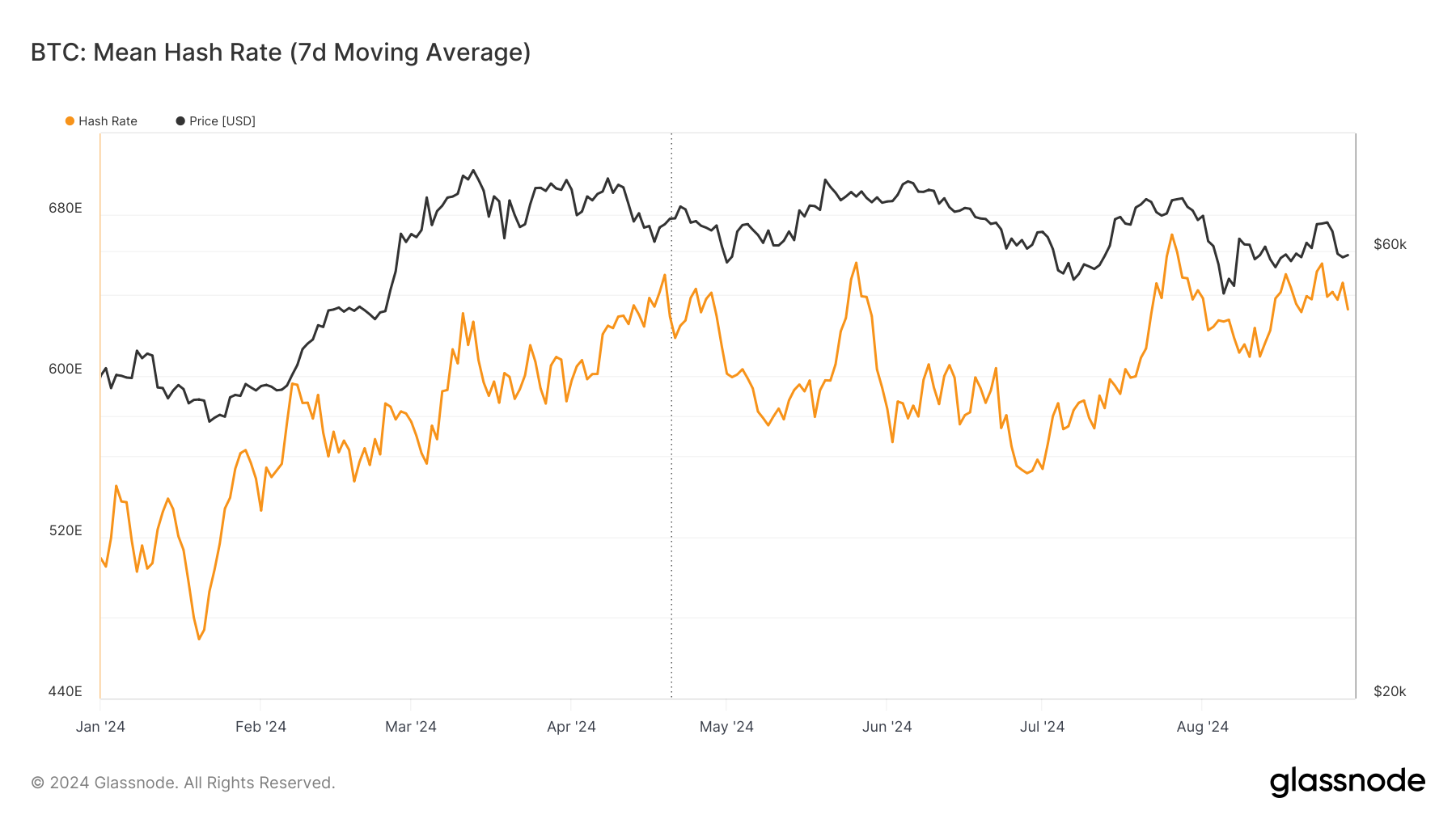The Bank for International Settlements (BIS) has released a final report on payment versus payment arrangements (PvP), seeking ways to improve the state of cross-border payments and to reduce foreign exchange (FX) settlement risk.
In its report, the BIS noted that while the increased adoption of PvP offers several benefits, including reducing settlement risks on FX transactions, there are several challenges against their effective application. New PvP solutions are taking their place to offer ways to improve settlements.
Six PvP solutions studied by the BIS Committee on Payments and Market Infrastructures (CPMI) rely on distributed ledger technology (DLT) to offer users multiple alternatives. CPMI’s report names Fnality, Project Jura, and RTGS Global as some of the new PvP solutions building using distributed ledgers.
The report stated that settlement risks in FX markets are exacerbated by the sheer volume of transactions that regularly surpass $7 trillion. The U.K. was identified as the most prone to settlement risks given that exposure is 150% of bank capital because it is home to big banks like HSBC, Standard Chartered, and Barclays.
Despite the risks associated with FX transactions, banks often balk at the idea of transitioning to PvP solutions because of their unsuitability for liquidity management and the lack of proper risk assessment. Other challenges plaguing PvP solutions include technical and regulatory challenges that make it difficult to link with real-time gross settlement networks.
“The CPMI will further engage with industry stakeholders to explore possible practical actions to expand PvP settlement,” the report read. “The CPMI will continue to monitor the evolution of FX settlement risk and PvP adoption with the aim of reducing settlement risk and enhancing global cross-border payments.”
The report recommended streamlining nostro operating hours and allowing PvP operators to access central bank accounts. Other suggestions to spike adoption rates include easing off liquidity bottlenecks for PvP settlements and exploring interoperability between PvP and RTGS systems.
All for the sake of cross-border payments
BIS has been pushing for improved conditions for international remittances in line with its founding ideals. Aside from moving for PvP systems, the body has been conducting several pilots with central bank digital currencies (CBDCs) focusing on cross-border payments.
BIS recorded a major win following the completion of its mBridge CBDC pilot involving the central banks of China, the United Arab Emirates (UAE), Hong Kong, and Thailand. The stellar results from the experiment fuelled a second study dubbed Project Icebreaker involving the central banks of Sweden, Norway, and Israel.
Watch: New Technologies, New Futures for Nations
width=”562″ height=”315″ frameborder=”0″ allowfullscreen=”allowfullscreen”>
New to Bitcoin? Check out CoinGeek’s Bitcoin for Beginners section, the ultimate resource guide to learn more about Bitcoin—as originally envisioned by Satoshi Nakamoto—and blockchain.



